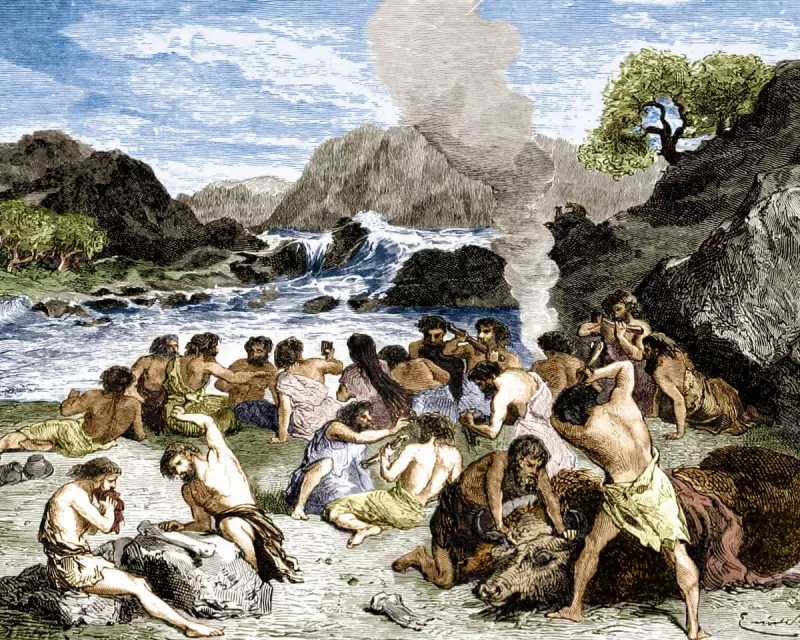
Groundbreaking research has uncovered evidence that Neanderthals may have intentionally included maggots in their diet, potentially valuing them as a nutritious food source rather than accidental consumption.
A Protein-Packed Prehistoric Snack
Scientists examining dental calculus from Neanderthal remains found traces of fly larvae, suggesting these early humans actively sought out maggots as part of their diet. The findings challenge previous assumptions about Neanderthal eating habits and demonstrate their sophisticated understanding of available food resources.
Nutritional Benefits of Insect Consumption
Maggots offer significant nutritional value:
- High protein content
- Rich in essential fats
- Good source of micronutrients
- Easily digestible
This discovery aligns with growing evidence that many prehistoric populations incorporated insects into their diets as a reliable food source.
Reevaluating Neanderthal Intelligence
The research suggests Neanderthals displayed more advanced dietary strategies than previously believed. Their apparent willingness to consume maggots indicates:
- Practical understanding of nutrition
- Adaptability to environmental challenges
- Creative problem-solving for survival
These findings contribute to the ongoing reassessment of Neanderthal capabilities and cultural sophistication.
Archaeological Evidence
The study analyzed dental remains from several Neanderthal sites across Europe. Microscopic examination revealed:
- Fly larvae proteins preserved in dental calculus
- Patterns suggesting deliberate consumption
- Seasonal variations in maggot consumption
This provides compelling physical evidence supporting the theory of intentional insectivory among our ancient relatives.





